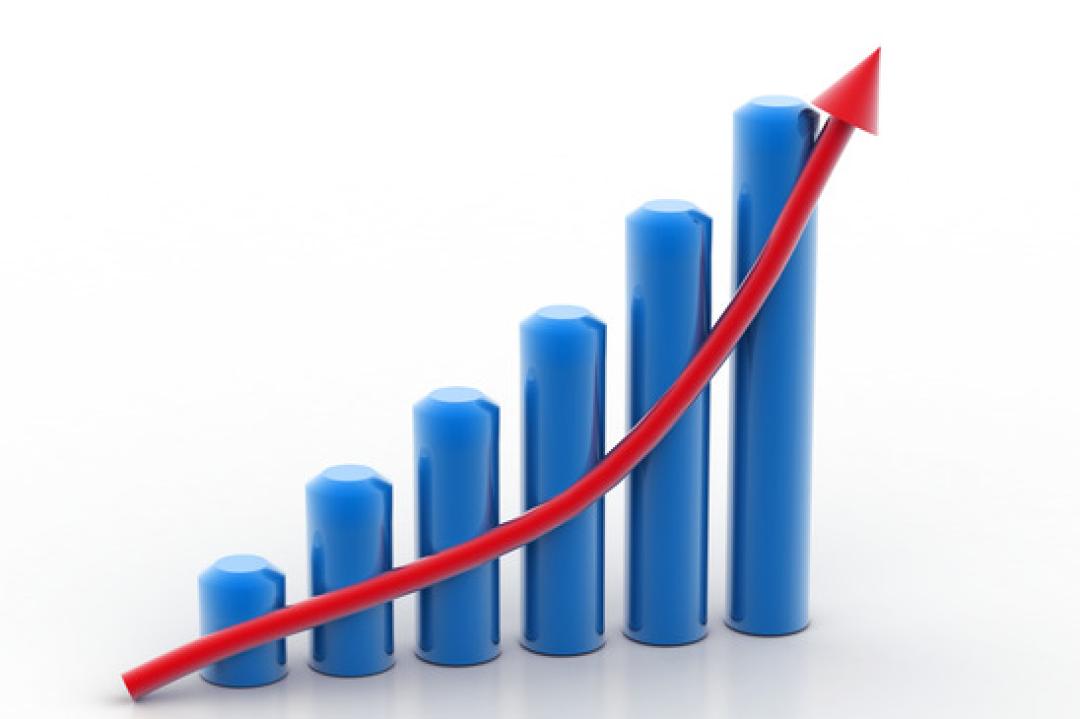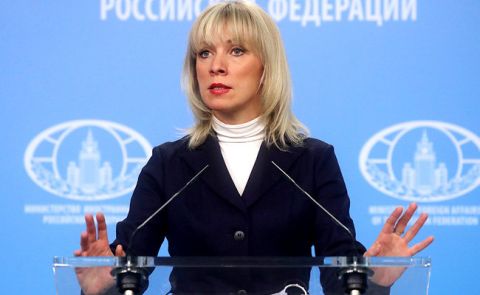
Georgia’s Economic Momentum Remains Strong Amid Regional Turmoil, EU Commission Reports

In its latest economic outlook released on May 19, the European Commission projects that Georgia’s economy will continue expanding at a solid pace in 2025 and 2026, with growth expected to fall within the 5-6% range. Although this marks a slowdown compared to recent performance, the forecast emphasizes that these figures still reflect resilient growth, partly driven by indirect economic benefits arising from Russia’s ongoing war in Ukraine.
The Commission identifies consumer and business lending, along with sustained public investment, as key contributors to this projected expansion. However, it also cautions that the forecast is shadowed by “an unusually high degree of uncertainty,” mainly tied to internal political instability and broader geopolitical tensions. According to the report, such instability has played a significant role in weakening investor and consumer confidence within Georgia.
Reviewing the performance of the previous year, the Commission highlights that Georgia’s economy surged by 9.4% in 2024. This robust growth was primarily fueled by private consumption and government spending under the ruling Georgian Dream party. Rising employment, significant wage increases, and an upsurge in consumer credit further supported the expansion.
Sector-wise, the report points to strong performance in information and communication technologies, construction, tourism, and transportation. These industries are benefiting from the reconfiguration of regional trade and service routes away from Russia, combined with increased migration of individuals and businesses into Georgia.
The labor market saw notable improvement, with the unemployment rate dropping from 16.4% in 2023 to 13.9% in 2024. Although future declines are expected to be more gradual, the trend remains positive. Average real wages jumped by 15% during the year, driven by several factors including the arrival of skilled Russian professionals—especially in IT—corporate responses to rising living costs, and a reduction in inflationary pressure.
Despite easing inflation throughout most of 2024, price pressures re-emerged in early 2025, with inflation reaching 3.4% in April and forecasted to average around 4% for the year. The resurgence is attributed to wage-driven cost increases, modest currency depreciation, and statistical base effects. Nevertheless, as these drivers diminish, inflation is expected to realign with the central bank’s 3% target by 2026.
The external sector also showed improvement, with the current account deficit narrowing to 4.3% of GDP in 2024 from 5.6% the previous year. Growth in exports—particularly of metals and re-exported vehicles—combined with strong domestic demand, helped shape this outcome. While the trade deficit is expected to widen slightly in 2025 and 2026 due to rising imports, an increase in service exports—especially tourism—should help offset the gap. Political instability, the report notes, has yet to noticeably impact tourist flows.
On the fiscal front, the government posted a deficit of 2.1% of GDP in 2024, staying comfortably within its 2.5% target. The report credits increased public sector wages, higher income tax collections, and additional revenue from the banking and gambling sectors for the strong performance.
Government expenditure rose sharply—by 20%—mainly due to wage hikes and increased interest payments, while capital spending climbed a further 10% from already elevated levels.
Public debt was recorded at 36.1% of GDP at the end of 2024 and is projected to continue on a downward path. The Commission forecasts that the budget deficit will remain stable at around 2% of GDP through 2026, well below the country’s fiscal ceiling of 3%.
See Also


Energy Sector Milestones: Armenia Advances Key Power Infrastructure

Armenia Temporarily Halts Brandy Exports Amid Georgian Border Congestion

Political and Religious Conflict Intensifies Over Armenian Apostolic Church Leadership

Maria Zakharova Warns Azerbaijan to Respect Russia’s Sensitivities on NATO Expansion, Criticizes EU Mission in Armenia

